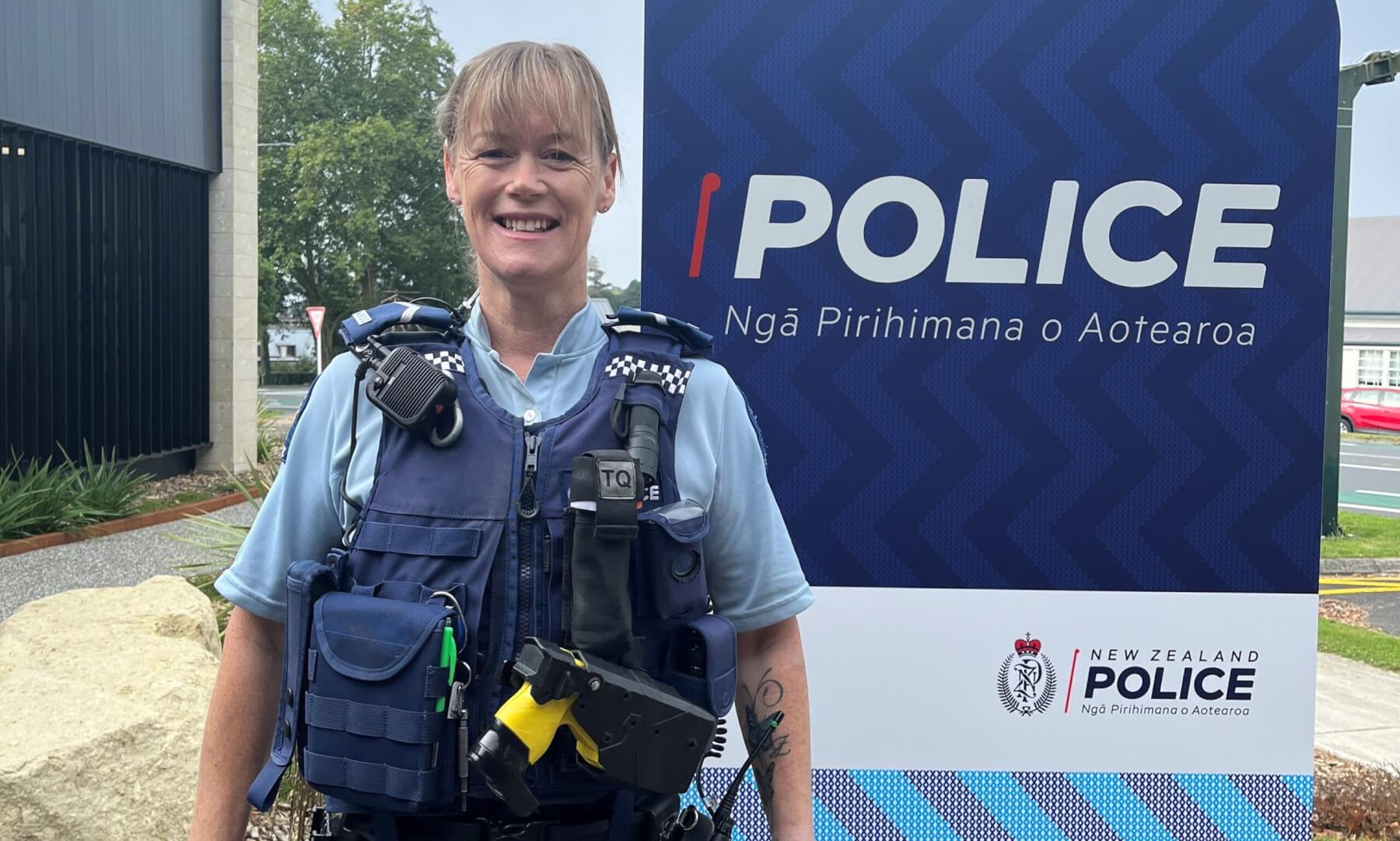We have had an eventful couple of weeks in Cambridge. Staff executed warrants at two Cambridge addresses around methamphetamine supply and again recovered evidence not only for drug offending, but also multiple items from Waipā burglaries. As a searcher, it reiterated to me again the importance of marking your belongings to enable them to be clearly identified.
Under the Search and Surveillance Act 2012, police are in some cases able to seize items as being of uncertain status to enable us to determine whether they may be lawfully seized. An example of this could be where the occupant at an address being searched is unable to prove ownership of what is under the circumstances, a likely stolen item – for example, a high-end mountain bike. You may have seen a Facebook post in the past week looking for owners of items that fall under just that category.
More generic items such as tools, however, are often left behind in the absence of proof they are stolen. Engraving your drivers’ licence or other personal identifiers in addition to knowing the make, model and serial numbers of such items makes our job easier and increases the likelihood of your stolen items being returned.
In other recent activity, we also had a number of vehicles stolen or interfered with on both sides of the river, around the time of the Spark Ram Raid. In this day and age, it is well worth considering setting up CCTV at your home, covering entrance points and driveway/parking areas. This is especially true where your vehicles are routinely parked outside. Always ensure vehicles are locked and keys are not kept in visible locations.
CCTV can give us key information as to the identity of the thieves, their clothing and exact actions at the time of the offence. All of this is helpful for our investigation. I do however recommend you get an understanding of private CCTV use guidelines. One example is that under privacy law, you may not aim your CCTV camera so that it looks into a neighbour’s property where privacy is expected (for example, over the high wooden fence into their back garden).
Once your CCTV is in place, Community Cam is the website for you. When you register the existence of your CCTV with Community Cam, police will be able to quickly identify possible sources of local CCTV coverage in the event of a crime. This then allows us to contact you to help with an investigation.
At the present time only a handful of local CCTV sources are registered here. It would be great to bring that number up to date.









